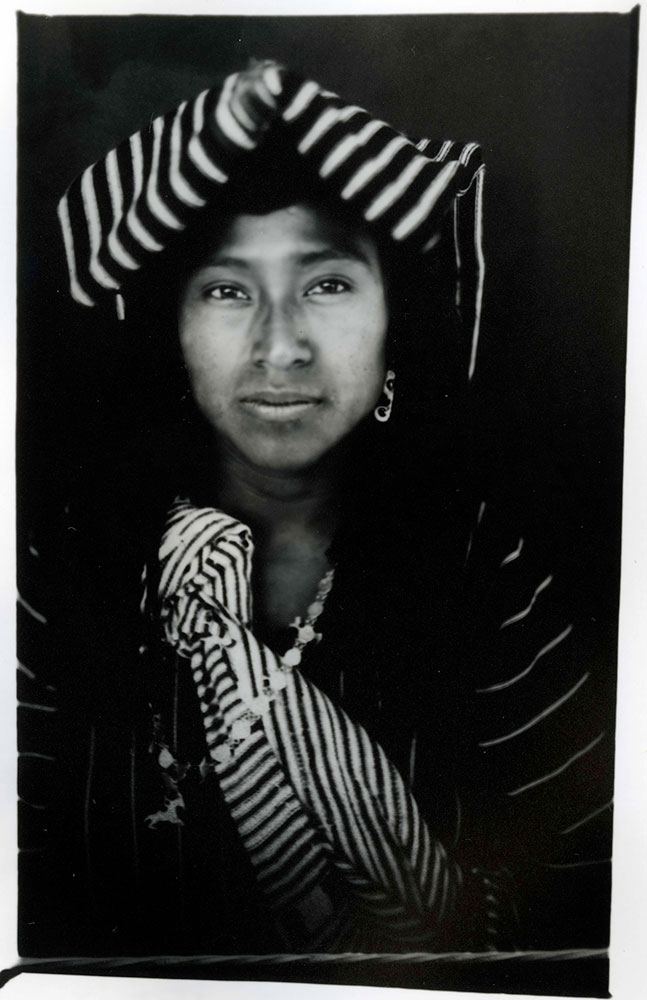
Associated Press photographer Rodrigo Abd recently traveled to Coban, Guatemala to document the women competing to become this year’s National Indigenous Queen of Guatemala.
In a country where about 40 percent of people self identify as indigenous, the contest carries great prestige, especially as rapid globalization threatens to sweep aside Mayan traditions. The women, who ranged in age from 14 to 26, went through multiple rounds of competition and were expected to give speeches in both Spanish and their native tongue. Twenty-three-year-old Rosa Lidia Aguare Castro of Santa Lucia La Reforma was this year’s winner. Meanwhile, Abd was doing his own part to uphold tradition by using a 19th century style wooden box camera he had bought in Afghanistan.
Meanwhile, Abd was doing his own part to uphold tradition by using a 19th century style wooden box camera he had bought in Afghanistan.
The women had to hold still for up to two minutes as the Abd exposed the images straight onto photo paper. After dunking the paper into developer and fixer liquid inside the camera body, he got a negative image of his sitters. He later photographed these negatives to produce the positive versions seen here. With the lengthy exposure times, “you can’t make any real big gestures,” Abd said. “You are in front of a box camera. You need to be quiet and you need to be frozen…I really like the idea of doing these portraits in this way because I’m going back to the idea of photography without iPhones or that sort of modern technology,” Abd said. “It’s about having this connection with people I’m portraying because they have to be totally quiet and spend some time only with me, looking at me with my camera.”
Produced By Myles Little
Rodrigo Abd, of Buenos Aires, Argentina, is a staff photographer for the AP based in Guatemala. He has also worked in Afghanistan, Bolivia, Haiti and Libya. He won third place in the 2005 World Press Photo Award for his explicitly violent images on gangs in Guatemala and the 2010 Feature Photography Award from the Overseas Press Club of America for his pictures of an emergency room at a Guatemala hospital.
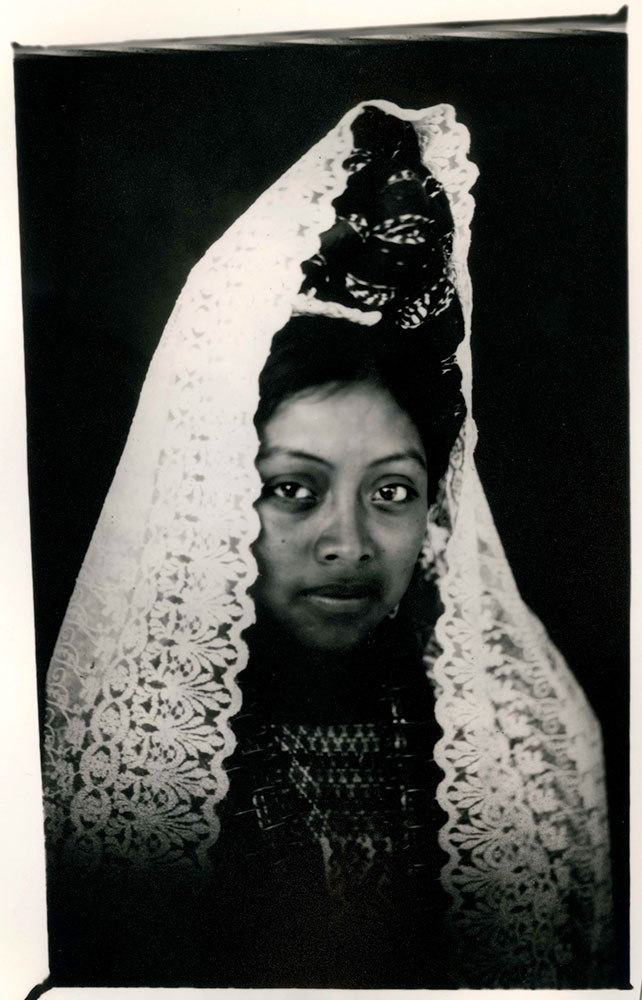
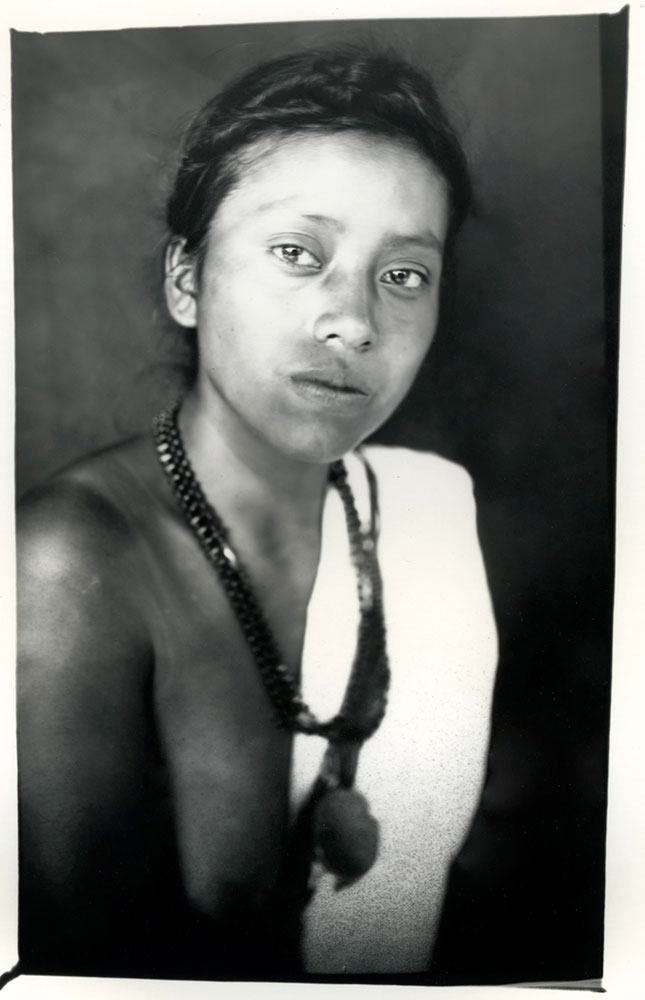
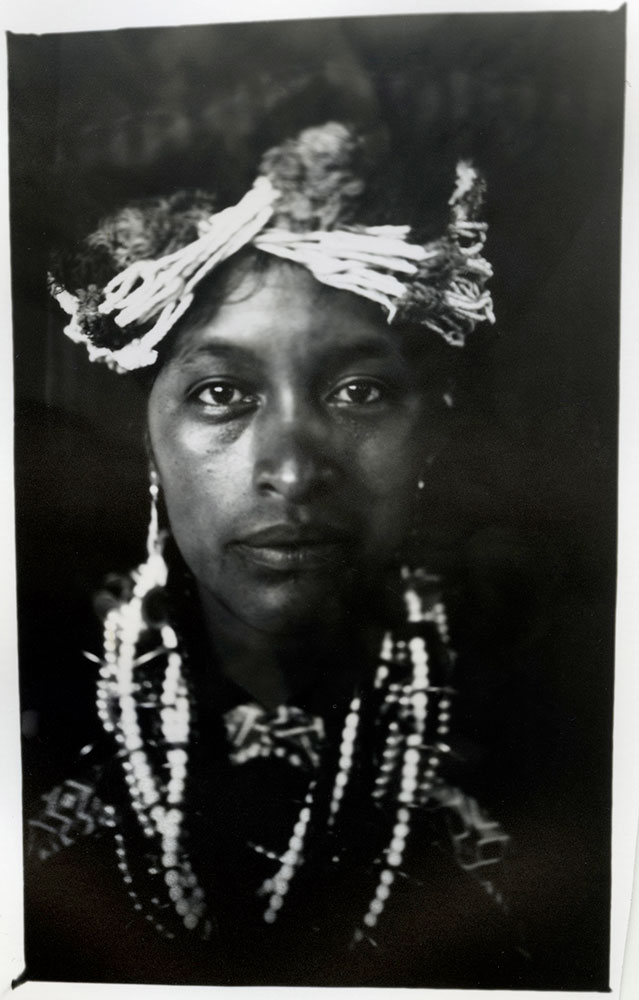
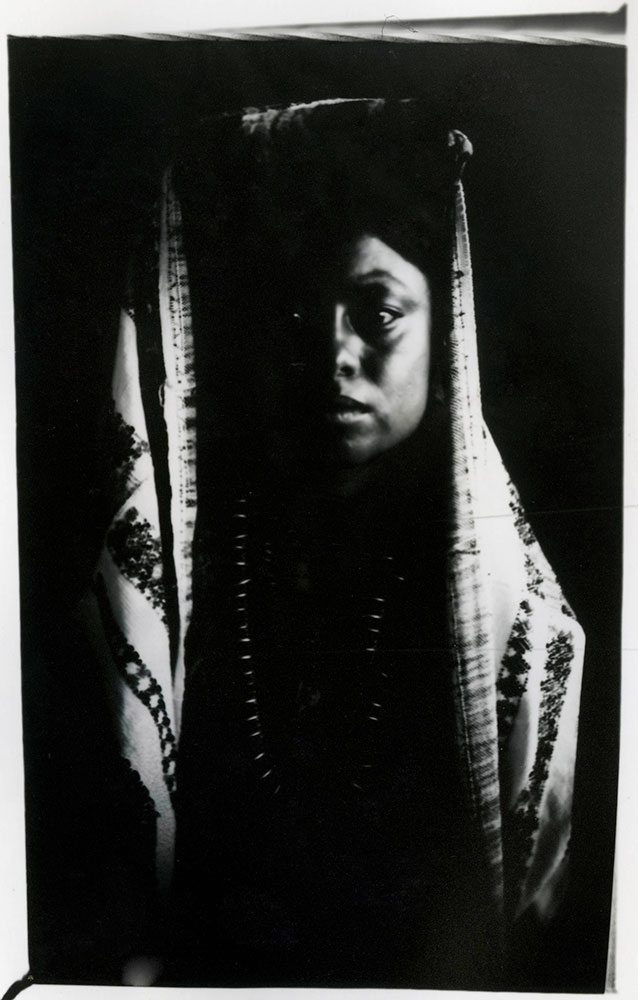
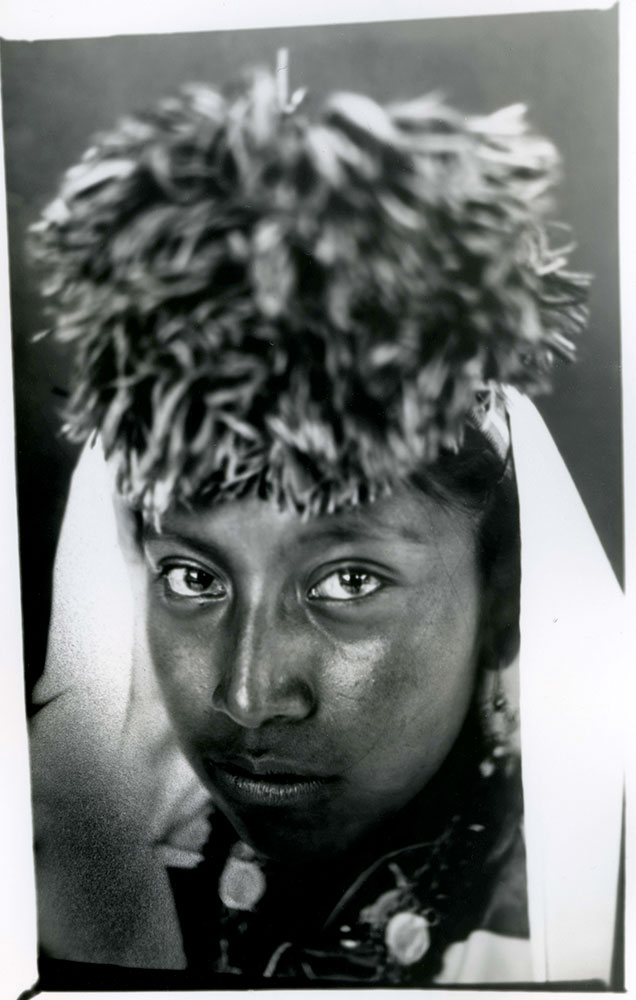
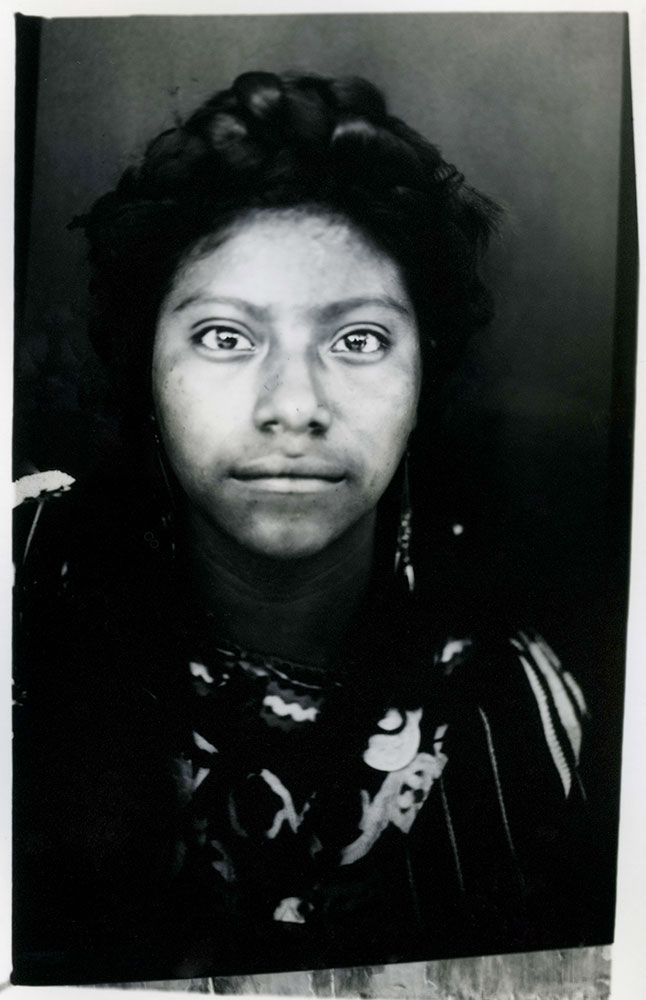
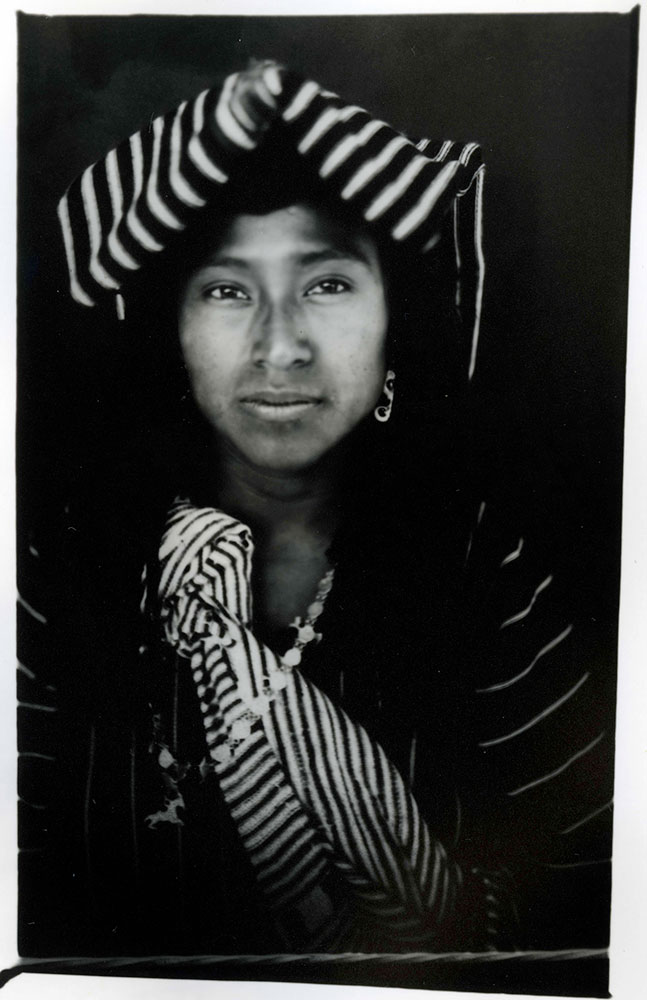
More Must-Reads From TIME
- The 100 Most Influential People of 2024
- Coco Gauff Is Playing for Herself Now
- Scenes From Pro-Palestinian Encampments Across U.S. Universities
- 6 Compliments That Land Every Time
- If You're Dating Right Now , You're Brave: Column
- The AI That Could Heal a Divided Internet
- Fallout Is a Brilliant Model for the Future of Video Game Adaptations
- Want Weekly Recs on What to Watch, Read, and More? Sign Up for Worth Your Time
Contact us at letters@time.com